Publications
Articles, publications, books, tools and multimedia features from the U.S. Institute of Peace provide the latest news, analysis, research findings, practitioner guides and reports, all related to the conflict zones and issues that are at the center of the Institute’s work to prevent and reduce violent conflict.

After Bashir, A New Dawn in Sudan? (Part 2)
Longtime Sudanese dictator Omar al-Bashir was ousted last Thursday, 30 years after he took power in the same fashion he was overthrown: by a military coup. The military takeover was spurred by months of popular protests over rising food prices, economic mismanagement and demands for a...
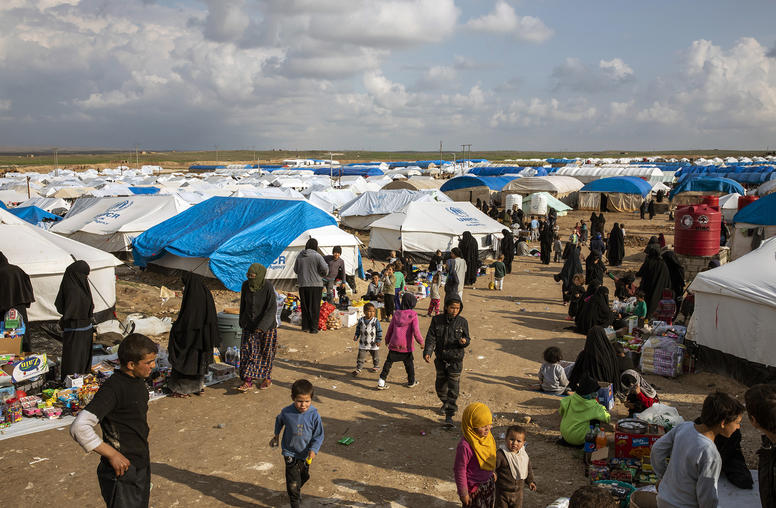
To Truly Defeat ISIS, Describe its Returnees as ‘People’
More than 100 countries, from Kosovo to Indonesia to Tunisia, face the security challenge of what to do with their citizens who traveled to join the so-called Islamic State. In dealing with perhaps tens of thousands of former ISIS participants—more than 9,000 in Syria’s Al Hol camp alone—simplistic solutions are at best inadequate and naïve, and at worst counterproductive and irresponsible. These include notions of indefinitely detaining or abandoning these populations in makeshift camps, or stripping their citizenship en masse. While many can be returned home to face trial, prosecution will be impossible for others. Thousands...
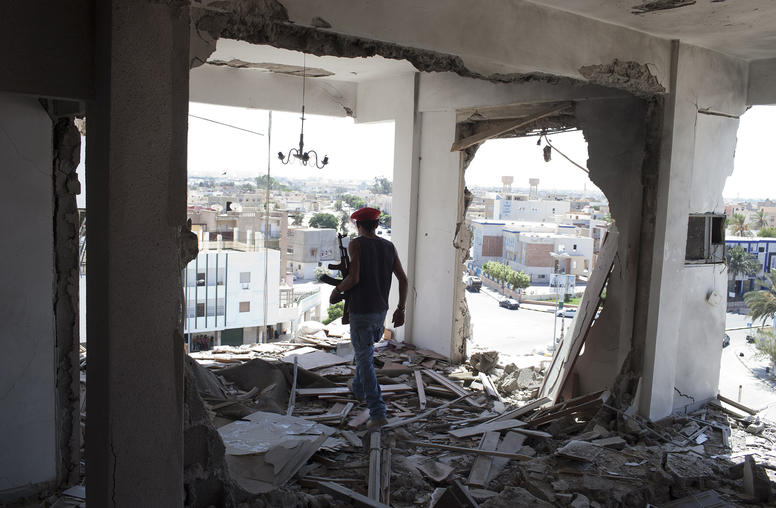
Q&A: Libya’s Sudden New Risk of War
Just as the United Nations was preparing to host a national conference in Libya this month to arrange for national elections to unify the country’s fractured governance, the faction that dominates the country’s east, the Libyan National Army, launched a military offensive last week on the capital, Tripoli. With the past week’s fighting, “the likelihood is greater than at any point since 2014 for destructive and bloody conflict” of an uncertain duration and outcome, according to Nate Wilson, who manages USIP programs in Libya. Wilson monitors Libya from neighboring Tunisia while working with Libyan officials, researchers on projects to inform international policymakers, and with local Libyan groups that work to reconcile disputes and build a foundation for national peacemaking. In response to questions, he discussed what’s at stake in the new fighting, and how the international community might respond.
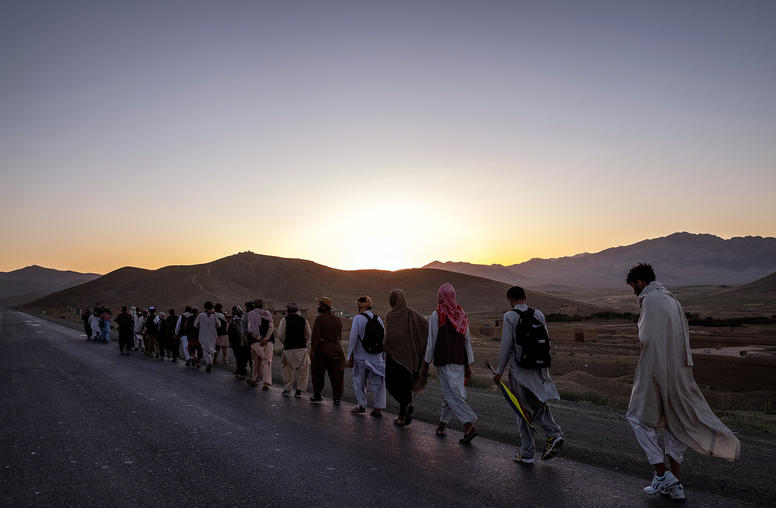
The State of Play in U.S.-Taliban Talks and the Afghan Peace Process
The latest round of U.S.-Taliban talks concluded on March 12, with both sides noting progress but conceding that no breakthroughs had been made. After two weeks of discussions in Doha, Qatar, American officials said they were close to reaching a final agreement on a potential U.S. troop withdrawal and a Taliban pledge to no longer allow terrorist attacks from Afghanistan. But how far can these talks go without the Afghan government involved? Is Afghanistan’s post-2001 progress in jeopardy? And what do regional actors think about the talks? USIP’s Johnny Walsh examines the state of play in the Afghan peace process.
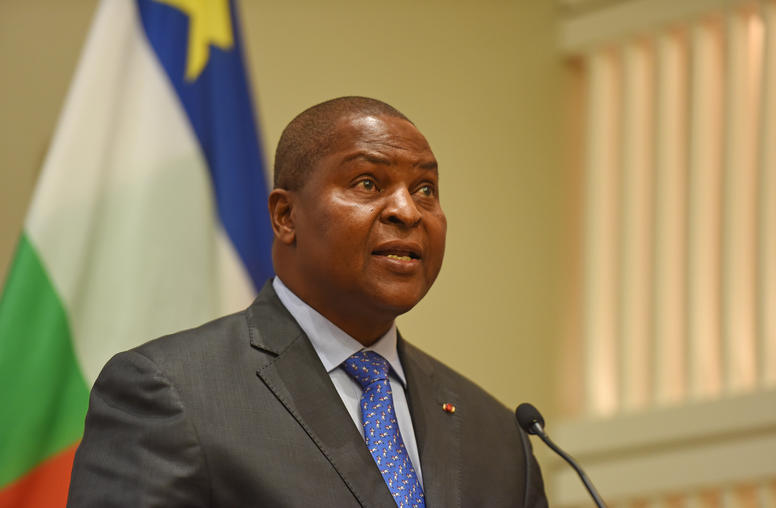
Central African Republic President on ‘Path to Peace’
The Central African Republic’s president, Faustin-Archange Touadéra, came to Washington this week seeking to bolster U.S. support for a peace deal with internal armed groups, saying steady international assistance will be needed to rebuild the state and end years of metastasizing violence.
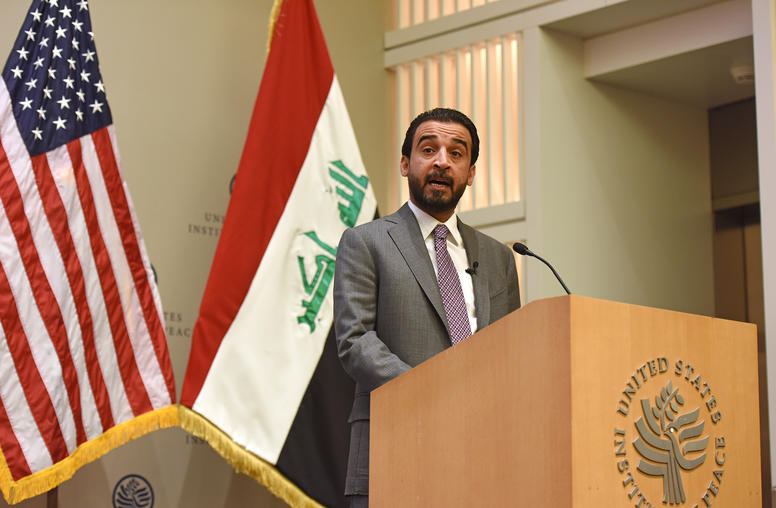
Iraq’s Leading Lawmaker Warns Aid Needed to Finish Off ISIS
Iraq is beginning to stabilize after its military victory against ISIS, but international assistance—without political meddling—remains badly needed to rebuild its economy and social fabric, the speaker of Iraq’s parliament, Mohamed al-Halbousi, said.
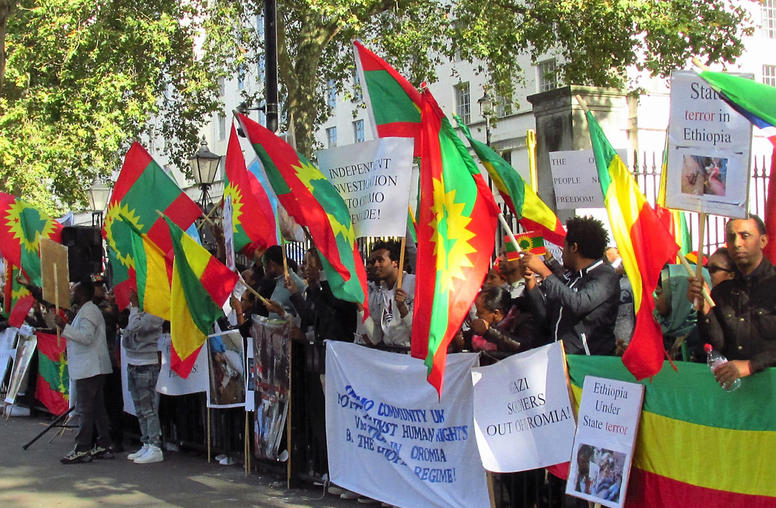
A Year of Change in Ethiopia
A year ago today, 42-year old reformist politician Abiy Ahmed became prime minister of Ethiopia. Abiy came to power during a deep political crisis with widespread grievances across this country of over 105 million people, and quickly began to enact political reforms. USIP’s Aly Verjee and Payton Knopf discuss Abiy’s year as prime minister and identify the challenges that lie ahead for eastern Africa’s most populous country.
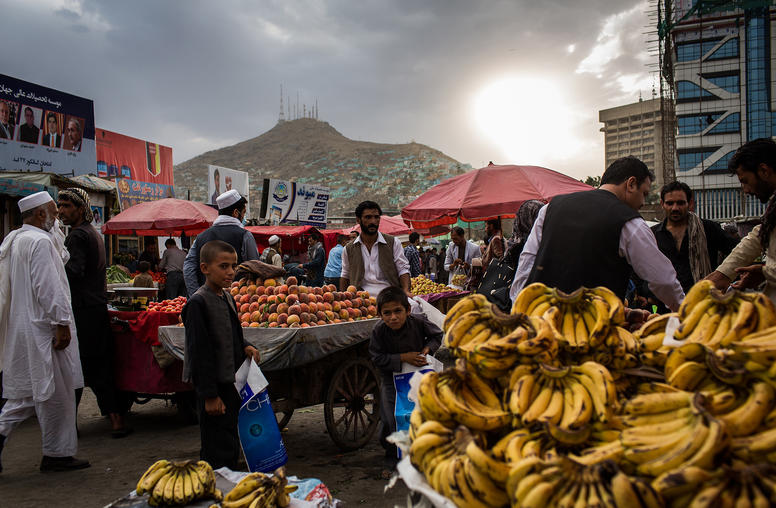
Can Afghanistan Reap a Peace Dividend if Taliban Talks Succeed?
In recent months there has been a flurry of movement in the Afghan peace process, leading to talk of a “peace dividend” that would boost the country’s economy and incentivize and sustain peace. For example, the November 2018 Geneva international conference on Afghanistan called for donors and development and regional partners to develop a post-settlement economic action plan. But what would a peace dividend look like in war-torn Afghanistan? In the short run, could it help incentivize the insurgency and state actors to agree and adhere to a peace agreement? And in the longer term, could it help sustain peace and lead to a more prosperous and stable Afghanistan?

What’s at Stake in Ukraine’s Presidential Polls?
Over 35 million Ukrainians are eligible to choose their next president on March 31. However, several million voters in Russia-annexed Crimea and rebel-held parts of east Ukraine will not be able to vote, demonstrating how the conflict with Moscow looms large over these elections.
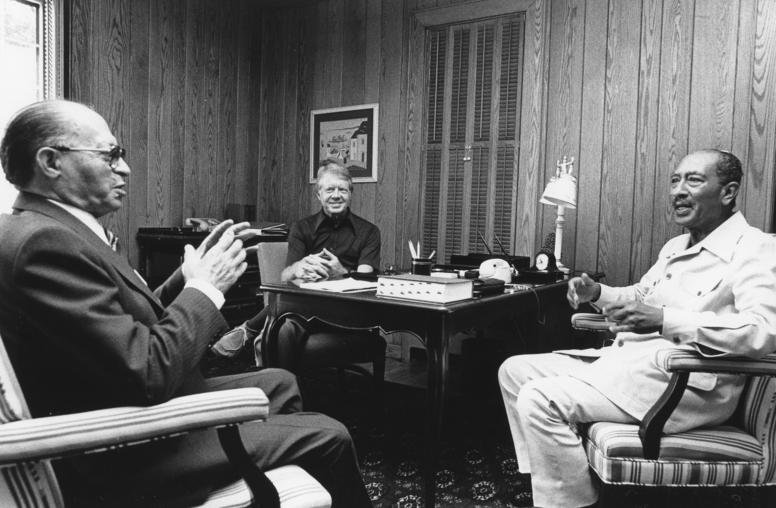
Middle East Peace: What can we Learn from Camp David 40 Years Later?
March 26 marks the 40th anniversary of the signing ceremony of the Egypt-Israel peace treaty that resulted from the Camp David Accords. Negotiated by Israeli Prime Minister Menachem Begin, Egyptian President Anwar Sadat and U.S. President Jimmy Carter, the treaty has been a cornerstone of regional security and U.S. strategy in the Middle East.